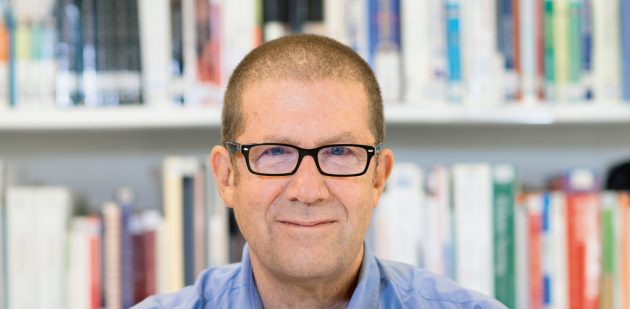Rare diseases are the ones left behind by medical research. It sometimes takes years before treatments are developed. Explanations with the geneticist Andrea Superti-Furga.

In the spring of 2016, a team of scientists in Lausanne, which included Andrea Superti-Furga, discovered a new disease that causes a severe developmental delay and bone growth issues. The scientist says he is confronted with genetic abnormalities every day. The hard part is understanding how they are expressed to come up with a treatment.
Andrea superti-furga / It’s not all that rare. Doctors in paediatrics often deal with hereditary diseases. A considerable number of patients have a condition that hasn’t been identified. However, when you discover similar symptoms in several people, it’s often due to the same genetic mutation. We’ve become very good at discovering sick genes. But finding therapies is, oddly, more complicated.
asf / It’s about getting funding for research that involves only a handful of people. The Swiss National Science Foundation supports projects, but aid is hard to come by. Foundations that back research for rare diseases also exist, but it’s not enough.
asf / The time gap between discovery of a disease and access to a treatment that works is very long. The gene that causes dwarfism was identified in 1995. The first clinical trials for a therapeutic drug were tested on adult patients in 2015. The positive result showed increased growth, but it took 20 years to develop that treatment!
asf / Of course. There’s what the pharmaceutical industry
calls “blockbusters”. A new aspirin, allergy drug, treatment
for a certain type of cancer. For example, someone gets cancer, and it doesn’t look good. Six months to two years later, a new drug hits the market targeting that exact type of mutation. Precision medicine in oncology works well and pays very well. Industries are amazingly good at exploiting that./
Andrea Superti-Furga is Chief of the Genetic Medicine Service at the Lausanne University Hospital (CHUV).